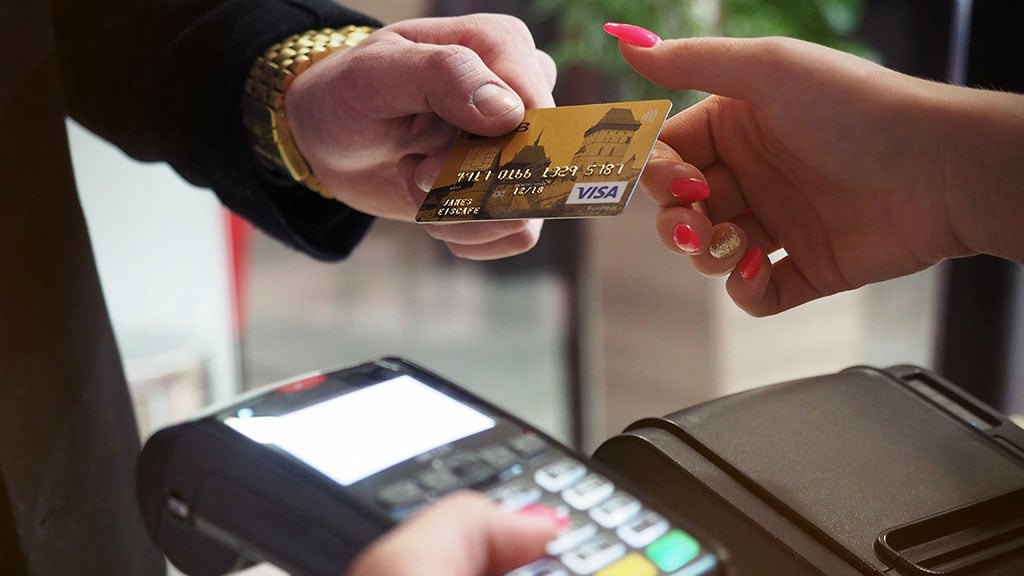Quiz: how good are you at managing money?
Bank-funded financial education programs – including the Commonwealth Bank’s long-running Dollarmites program – were recently banned from schools in Victoria, Queensland and the ACT after a scathing review by Australia’s corporate regulator.
But while the change has been touted as a positive move to remove commercial interests from the classroom, is enough really being done to develop young people’s financial capability?
Dr Carly Sawatzki, a lecturer in Deakin’s School of Education, says the shift to a different style of financial education reflects ‘the growing understanding that the “school banking model” doesn’t build the range of financial skills students need to make good financial decisions’.
After all, many young adults are already in the workforce – at least on a part-time basis – and getting their first real taste of independently earned cash.
‘Teenagers are financially active – some are working, paying tax and have a superannuation account. Many have a debit card or use their phone to tap and go,’ Dr Sawatzki says.
‘Soon, they will be making big decisions with big consequences for their short- and long-term financial realities.
‘Decisions about study, transport and housing all require both economic and mathematical knowledge that will better equip students to make sense of complexity and evaluate available financial choices.’
From deciding on a phone plan to starting a sharehouse, applying for a credit card or simply coming up with a weekly budget, there’s no doubt every financial decision you make can affect your quality of life now – and the financial goals you’re able to achieve way down the track.
And every major money goal, from saving for an adventure or the latest piece of tech, starts with a plan.
So how do you think your financial knowledge stacks up? Do you know how to avoid common money traps, or think you may still have a fair bit to learn? Take our quiz to find out!
Keen to learn more about managing your money?
With cost-of-living pressures increasing (especially if you like iceberg lettuce!), we encourage you to check out these handy tips on how to save your money as a uni student, sourced by our intrepid student Money Matters team:
- how to slash your energy bills
- discount and reward schemes
- top three online tools to save on everyday goods
- savings tricks for the supermarket.
Need some financial advice?
Are money worries or personal debts interfering with your peace of mind or ability to concentrate on your studies? If so, we encourage you to get in touch with DUSA’s Financial Counselling Service to help you get back on track.
This free and confidential service puts you in touch with experienced financial counsellors who can help you navigate a sudden financial crisis or chronic financial difficulties. The sole aim of DUSA’s Financial Counsellors is to help you resolve any financial hardships so you can be at your best and successfully complete your studies.
They can help you to establish a realistic budget, work out a debt payment plan, negotiate on your behalf or refer you to other support services, so find out more.
Edited version of article originally published on this.
